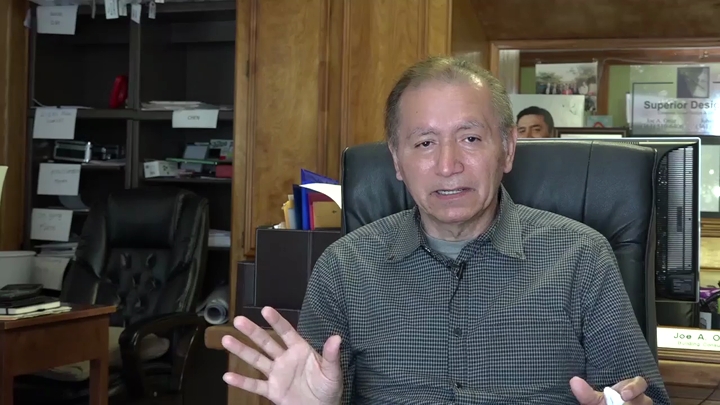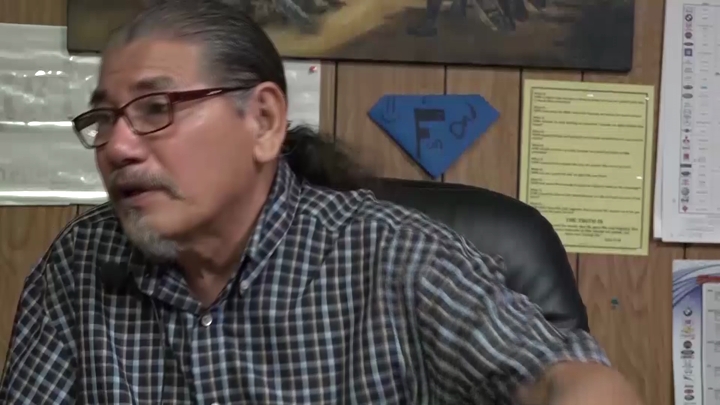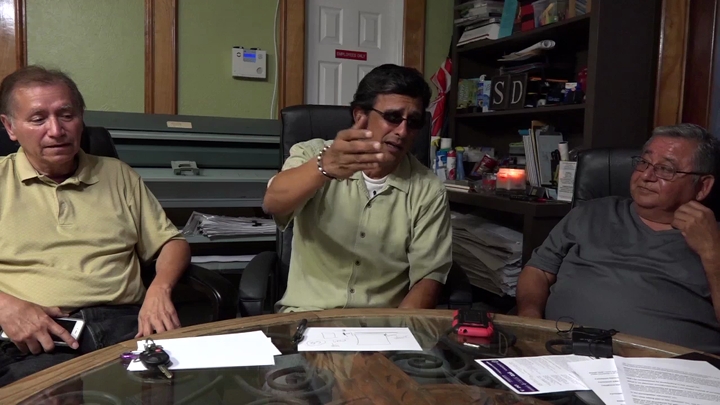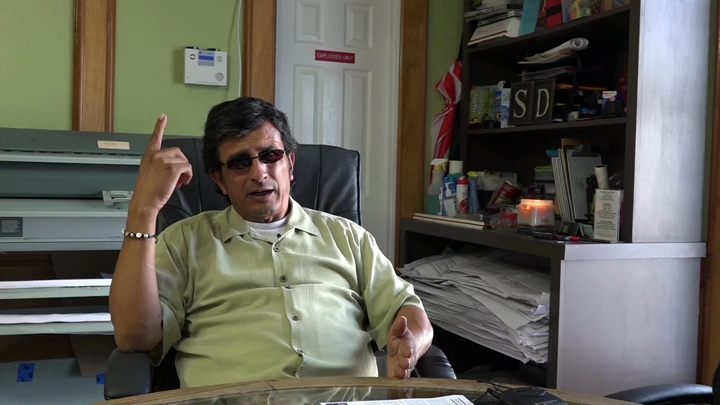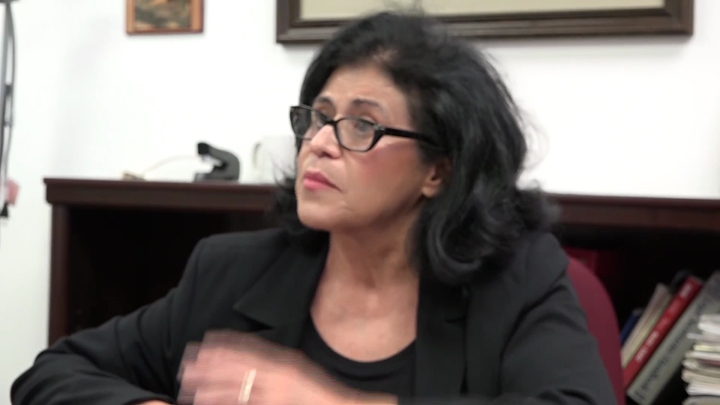Abalos / School Board Election Process
sign up or sign in to add/edit transcript
Zapata: Did the board have single member districts? Abalos: Not at first. When I came in, right before I came in, that is what I – one of my notes here- that is what I was going to talk about. We did not have single member districts. We went in and MALDEF and an organization call Crucial- have you talked to anybody about Crucial? Had filed a lawsuit not to just integrate the schools- they had done that previously- but we needed to have single member districts. When I went in, it was single member districts. That is how I got elected. Zapata: So who were the constituents you represented? What did that district look like? Abalos: I was like, if I remember, I had a safe district. You know about safe districts, right? Where there is a certain number of Hispanics, or whatever race, so that we can ensure that we at least get one representative. So, I think I had 70 percent Hispanic. The African American percentage was small. The Anglo percentage was also small. But I had 55 or 76, which was safe. And the last time when I lost, right before that we had been redistricted again. And I lost a big part of my district. That is another way that I lost the election. People did not understand that it had been changed and they would not be able to vote for me. Or they thought I had it made, that I was going to win. Because I had been a strong advocate of minorities, of teachers. It did not matter what color. I did not mind questioning the administration. I did it openly of I had to. So people thought I was going to win, but my district had been changed. Zapata: So in were nearly all of the Mexican Americans in Odessa packed into your district? Abalos: Not all of them. Because at one time when I talked about living in the barrio we were packed into one district. Mexican Americans were rights here [hand motions]. African Americans were right next to us in there own area. Then we started moving all around, all across, now we are we everywhere. So our concentration is not as strong as it used to be when I first ran. Many moved to the west side. Some moved to central Odessa and there is some in the east side. At that time I had a big concentration of Hispanics and a little area of Anglos on the west side. Where there were still a number of Anglos living. Zapata: Before the districts changed, I know that a number of Mexican Americans spread to encompass most parts of the city, but now there are no people of color on the trustee board, was it redistricted to the point where there was no majority minority district anymore? Abalos: It is not a safe district. It is not a safe district. District one has a majority of Hispanics but it is not a safe district. Because of our lack of participation in the electoral process, we have to have more people in our districts in order to win. That and the fact, many of them are not registered, and they are not registered either because they are illegal or they are really afraid of the process because they do not understand it. So, district one, and the representative we had in district one just messed up. And the women that is there is an Anglo woman, and she is very conscientious about doing the right thing, period. In fact, she is a good friend of mine and I helped her on her election. I would rather have her than the guy that was there and he was a Hispanic. Because I know that she is going to speak up and fight for what is right. The district that I was in had an African American woman, and an Anglo woman ran against her, and I believe- that what happened is- I believe they had changed the district for one thing. They had changed it on me, and so it is still changed. And it is not a safe district anymore. So now you are dealing with two Anglo names. People are not familiar enough with the school board, they did not know that Faye Batch was an African American woman. The African American population, especially in that part of town, is much smaller. An African American can win district one because that is where a big part of the population is concentrated. And, they have a very good process in which they get people out to vote.


